|
My ego ideal Susan Good, aka Honey Good entertains in a style I admire but would never be able to pull off, especially not here in Grenada. She sets an elegant table with fine China, crystal, flowers, place cards for guests, the whole nine yards.
Not I. I love entertaining but have had to make allowances for living in the tropics and the fact that my guest list is usually large, not a number that can be seated at an elegant table. Then there are the constant breezes, which would knock over flower vases, blow away napkins and other decorations. So, I entertain with an air of informality. My China or glasses often don‘t match, the tablecloth is taped to the table to keep it from being blown off. Instead of an elegant table, we lay the hors d’oeuvres on the kitchen island. Plates, glasses cutlery, drinks, napkins, are on the dining table and food is on the counter on heated trays. It is strictly a self-service deal. I do put up appropriate decorations but again, I have to bear in mind that it will all have to be anchored so the wind does not blow them away. People sit on the veranda at small tables or inside the open plan living/dining/kitchen area as they please. We eat, we mingle, swap seats, laugh, gossip and the time flies by. To me this is the most enjoyable way to entertain.
0 Comments
For those of you who do not know me well, Richard Nuscher is my husband. But wait, a miracle worker? Let me explain.
When in 2013 we decided to make Grenada our permanent home, we spent several months trying to find meaningful, activities, preferably ones that could give back to this wonderful island that welcomed us. In Dick’s (Richard) case that turned out to be volunteering at the Dorothy Hopkin Centre for Disabled Youth. As he had worked at a high school for disabled youngsters in Chicago, this was a perfect fit. The Hopkin Centre is a residential facility for disabled youth. The reality, though, is that as there are no residential facilities for the disabled, the residents stay as long as they need to. Funding, as for most government institutions, is minimal, so the activities for the residents are limited, relying on various volunteers who come to the Centre. These might be students from St. George’s University, artists, Peace Corps members. There is no ongoing program, so volunteers come and go. Enter "Uncle Richie" as the residents dubbed Dick. He has been there 2 days a week, 4 hours each time and has devised an incredible variety of stimulating, challenging activities. My favorite being bowling. As the residents cannot go to Lavo Lanes, Uncle Richie made a bowling alley. He took plastic soft drink bottles, put stones in them, then poured some glue on the stones to weight them. Voila, bowling pins. A white heavy duty plastic sheet is the “alley”, and a variety of balls are used, depending on the ability of the person throwing. Score is kept (sort of) by a group member. There’s also bingo, tic tac toe, dominoes, library day. For the latter, he goes to the Grenada Community Library to check out the simplest children’s books with as many pictures as possible. Most of the group cannot read but they love to handle the books and look at the pictures. Did I mention homework? Since some of the residents do go to school, it occurred to Uncle Richie that the group might feel good if they, too, did homework. The assignments are given taking into consideration the limited abilities of the young people. It might be just coloring of matching shapes, but they all take this very seriously and proudly present their work to Uncle Richie. The miracle is that without specifically planning to, Dick has given these young people a sense of pride, independence, accomplishment, feelings they have not experienced before he began working with them. The feeling that he cares form them, treats each one as being special has changed the young people’s lives in a positive way. Some time ago I wrote about how an expat can become connected to the chosen community in which they live. Many will make the effort, but some will not. I belong to the former group.
When we decided to make Grenada our permanent home, I started to find ways to become involved in the life of the island. Many ideas were examined and many discarded. Eventually, I became involved with the Grenada Association of Retired Persons, I started working on an oral history of the island and I also began work on compiling information on folk medicine. Then I joined the Grenada Green Group and a few months later the Willie Redhead Foundation, a historic preservation group. Some things worked, I met wonderful people, other things did not, so I narrowed my activities down to what I could realistically manage. Not only do I enjoy the work of the Grenada Green Group and now my presidency of the Willie Redhead Foundation, but I now run into people I know all the time. More than that, I have learned of their families, their lives, some come and help me celebrate my holidays. Grenada is a small island and everyone knows everyone else or is related to everyone. I now find myself being in some way connected to many people and these connections place you in the minds of people. When mentioning someone, you are often asked “who was she?” or “is he from Mt. Moritz?” Since I do not have such connections, I am often identified by how people know me. The market vendors from whom I buy regularly, just call me the “white lady.” Since not too many white people shop at the market, that description immediately identifies me. The butcher from whom I buy my meat, just calls me “mummy,” an endearing way to identify me. Conversely, if a name comes up in a social context, I can identify that person by the family they belong to or where they live. These connections make me feel that I truly belong here now and am accepted as part of the island. Big cities are my thing. I was born in one and have lived most of my life in big cities, that is until almost ten years ago when we decided to retire to the small island of Grenada.
Still, our annual trips back to Chicago always felt like coming home, until it did not. I do not recall exactly when the change occurred but at one point, Chicago no longer felt like home, though still familiar and beloved. I had occasion to spend a week on Miami Beach recently and the experience was not what I expected. The last time I visited was some years ago and though I knew that Miami had grown, I was not prepared for the shock I received on being there. Everything suddenly felt overwhelming. The eight lane highways, the density of the towering high rises –skyscrapers seems an apt name, the noise, the frenzy of traffic, people all come tumbling down on the unsuspecting. Though Miami Beach is only a strip of land it is no less overwhelming. There is the size of the stores. Every single drug store, or pharmacy, as we call them in Grenada, could fit into one Walgreens or CVS. Same for clothing stores, shoe stores and supermarkets, etc. One is suddenly walking miles to find an item. Restaurants are another size issue, not only the space but the size of the portions. Our friend explained that people like to take leftovers for another meal, but what about us hotel guests visiting for just a few days? There are few quiet hours here. As soon as the traffic, the tourists, the bars stop, the street cleaners and garbage collectors start. After five days, I was ready to go home to my little island. I missed my nightly concert of crickets and whistling frogs, I longed for the stillness of the nights and early mornings, the slow pace. An island wraps its arms around you and holds you, the ocean soothes you, the slow pace allows you to be observant, to enjoy the beauty, the friends, all close by, the animals, all that surrounds you. While big cities have an energy, a drive I can still enjoy, without question, I have become an island girl. Some of you who know me, know that I was born and raised in Hungary, went to school in Germany, spent most of my adult life in the US with time in England and Grenada.
Confusing? Not to me. My parents were of different nationalities and spoke four languages each, so mine was not the typical home. Still, I might have had a more challenging time adjusting to the many places we, later I, lived in if it were not for their acceptance of cultural differences. Some of the places I lived in were not directly by choice. Germany is where we fled during the Hungarian revolution. There we waited 2 years for the paperwork to be allowed to settle in the US. I was sent to a parochial boarding school, very small, run by the most wonderful four nuns. We were a mixed lot of girls from cities and farm country. The rules were extremely strict. We were regimented as to daily activities, allowed only to go to early mass in the Cathedral, otherwise out only on Saturday afternoons and Sunday, after mass and breakfast until 4:00pm. Yet we had great fun and got up to all sorts of mischief. One of my favorite memories is the Easter tradition, which I have not encountered anywhere else. On Good Friday, in the evening there is a processional with parishioners carrying the cross around the church and the nearby neighborhood. On Holy Saturday the church is kept dark, doors closed, the cross draped in purple cloth. Shortly before midnight on Easter Sunday, the congregation returns to the church, holding candles, unlit. The church is still dark, except for what light comes in from streetlights. On the stroke of midnight, the candles we hold are lit, the organ booms, the cloth is removed from cross, each person turns to his neighbor, saying,” Christ is risen,” then the Easter mass is held. From Germany, on to the US and a culture very different from anything I had experienced before. I was stuck in the second half of junior year in a school highly recommended to my parents. The student body at that time was about 90% Jewish, a group to which I had had no exposure before. I was incredulous at the ignorance which greeted me. I was introduced as the refugee from Hungary. I was asked by many of the kids questions like “what part of Germany, Hungary was,” how come I was not Jewish, what language did I speak, etc. I settled in somewhat uneasily, surprised by the daily morning routine, starting with what was called “home room.” This 45-minute time was given to us to review homework, check our class schedule and prepare for the day. Instead, the time was spent with girls putting on more makeup than I had ever seen and boys discussing their sport programs. My English was less than perfect and at this point and I took full advantage of the fact. When I had not completed my homework, I would put on a sad face and tell the teacher how sorry I was, but it was just too hard for me. They were all sympathetic and I always got away with it that first semester. My English improved rapidly, in large part due to the excellent English teacher who taught the best of the language and insisted on correct usage at all times. Dating was another new thing to me. Girls my age were never allowed to go anywhere unchaperoned, at that time in Europe. My parents tried to accompany me on my dates but learned quickly that this would end any budding relationship for me, so they relented. By the time I entered university, I was pretty well acculturated, and the ensuing years were spent getting a degree and finding a good job. This was accomplished and life went on pleasantly. Then I met and married an Englishman. During the 4 years I lived in England, a whole new cultural landscape had to be navigated. By now, adapting was fairly easy and there was no language problem. When the marriage ended, back I went to the US, where life settled back into the routine of being a single mom of a 5-year-old, then getting re married. Fast forward 34 years and here I am in Grenada, the place I first visited in 1968 and have loved ever since. As I am now an expert at navigating cultural nuances, life is good living in my personal paradise. I have kept some traditions from all the places where I have lived and adapted ones I particularly like in my new home. If you, like me, retired to a country other than where you had lived prior to retirement, then you are an expat. The word can be neutral or carry some negative connotations, depending on who is using it. I choose to assign a neutral interpretation to it.
As an expat, you have many choices as to how you will live in your adopted new home, and none is right or wrong but simply a function of your comfort zone. Nor is a choice set in stone. It is possible to go from one mode to another over time. Some people will seek to associate with people similar to them, be it from the same country or a particular community. They will live where other expats live, shop in a supermarket, buy items familiar to them, attend some local entertainment events, eat in restaurants that serve eclectic food. They center their activities around their compatriots, and they are not usually involved in local civic or cultural groups. Many maintain homes in the countries in which they lived before retiring and will spend part of the year there, part in their new home. Others will choose to become active in some civic project to help a particular segment of the local population. In Grenada, there is a group run by an expat with several expats as well as local people who do an ongoing program to teach swimming. Another group raises funds to assist students of limited means to further their education. Yet others, will establish small businesses, making jewellery, catering, or IT consulting. I decided early on that I would find some meaningful activity, not just meaningful to me but something that in some way gives back to this lovely island which welcomed me. The first of these was a 4-year volunteer service with the Grenada Association of Retired Persons. Then followed membership in the Grenada Green Group, in which I am still active, then joining the Willie Redhead Foundation dedicated to advocating for the preservation of the built history of the island. I am now President of the Foundation. In addition, I maintain an active social life with friends both expats and Grenadians. I shop for local food at the farmers’ market, I buy my meat from my local butcher, my fish at the fish market and often eat in restaurants that serve local food. My life in retirement is rich, interesting, and challenging. I would not have it any other way. As you know, I love entertaining. Be it with my Grenada “family”, as mine are far away, or just a small get together, I enjoy cooking, serving and the companionship.
For most of my entertaining in the past, I insisted on doing everything myself, asking guests to bring only their smiles. Nor did I allow anyone in the kitchen after the meal to clean up. As there were often 20 or more guests, this could be a lengthy and tiring process, but I never minded it. A glass of wine, after the clean-up was finished set the world right. I’m not sure when the change began but as we grew a bit older and energy levels waned, I allowed a few side dishes to be brought, maybe a dessert. The last big meal was what will probably be the norm now. I provided the main course, a few hors d’oeuvres but everything else was contributed. The resulting feast was outstanding and great fun. The only time I make an exception with this new approach is when I decide to do a German or Hungarian meal. I’m very lucky in having a friend who will get me some things not readily available in stores or the market. Easter wouldn’t be Easter without a leg of lamb. However, lamb, imported mostly from New Zealand is very expensive, so I substitute goat, which is as tasty and leaner. But a good leg of goat is difficult to get. Junior to the rescue. He procures the goat and even delivers it to my house. The same with an extra-large snapper. Lesson here…. don’t let anxiety over how a meal will go deter you from enjoying entertaining. The companionship is more important than providing a perfect meal. My interest in trying to reduce my carbon footprint and living a sustainable life goes back many years to joining my then Alderman and friend, Joe Moore’s 49th Ward Green Corp.
We worked at trying to decrease our carbon footprint by starting and supporting a farmer’s market, using organic cleaners, sharing our garden plots with neighbors, etc. The group was successful and we learned a lot while having fun. When I made Grenada my permanent home, I was introduced to the Grenada Green Group which had similar aims. The group was largely responsible for eliminating single use plastic bags by grocery stores and banning the use of Styrofoam containers for takeout food. We are currently running a anti-litter campaign, working to enforce existing statutes which are widely ignored. We have reached out to primary and secondary schools to engage students in our campaign, with great success. On a personal level, I’ve made a commitment to get rid of the plastics in my life, wherever possible. Not an easy task. To get an idea of the challenge, take a look in your house to see how much plastic you use. When I did this, I was amazed. Where to begin? My first attempt was to get rid of sponges and scrubbers in the kitchen, which I replaced with a reusable dish cloth and a loofah for scrubbing. That was followed by replacing the hand soap and body wash in plastic bottles with soap bars, which I place in pretty candy dishes. Then there are the ubiquitous plastic bags, impossible to avoid, so here is my strategy - if the pharmacy offers to put a sealed, securely packaged item in a plastic bag, I do not accept it. I wash the plastic bags I use for market produce and re use them until they disintegrate. The same with bags I use when I shop at the fish and meat markets. At the supermarket I place items like fruit and vegetables into my shopping bag directly. Instead of buying plastic storage containers, I reuse glass jars that had previously contained sauces. In the garden, my husband recycles old laundry detergent bottles, with holes punched in the cap, instead of buying watering cans. The most significant commitment, however, has been ordering household and personal care items from a company I discovered, called ETEE which stands for Everything Touches Everything Else. The products are not inexpensive but are high quality and range from storage bags to cleaners to shampoo, dental floss, etc. Nothing they use either in their products or in their packaging uses any petroleum based products The owner has actually visited Grenada and ships orders here. Shampoo and conditioner bars last an incredibly long time. Hand lotion in container Chewable toothpaste tablets, dental floss and bamboo toothbrush which just doesn't seem to wear out Christmas has been my favorite holiday ever since my early childhood. I go all out with decorations, keeping my Hungarian traditions, baking and producing special meals.
One of the drawbacks of living in Grenada is the absence of family. Zoom has helped to at least be able to visit electronically. Christmas this year promised to be no different. Traditional fruit cake was done. On Friday the 3rd, friends and I did our usual walk and swim at Grand Anse Beach, then coffee and treats at our favorite pastry shop. As my friend was driving me home, I started sneezing, wondering if it would turn into a cold. By mid-afternoon, it had, with drippy nose and watery eyes. Oh bummer, I thought. Bummer indeed. By Sunday afternoon I ended up in the hospital intensive care unit, where I spent a day. Two covid tests were negative, I was stabilized and spent the next five days in hospital. Turns out I had contracted a bacterial infection in my lungs. Fortunately, I am now fully recovered. However, I now had just one week to prepare for Christmas and the arrival of friends with their three children. No time to bake any more traditional goodies, and with no time to put up the 7-foot tree, the small one had to do. Mad rush to make sure our downstairs apartment was clean and ready for their arrival, including some food, beverages, coffee, etc. As well as shopping for our own Christmas dinner. I really pushed my limits but other than feeling exhausted, I didn’t suffer any ill effects. All was ready to receive our friends when a message came that their youngest tested positive for Covid, trip cancelled. All of us were really disappointed but this is life in the time of Covid. Of course, now we have to eat all the extra food 😊 By now, much of the Christmas spirit had left us. We did manage to get together with friends for a pre-holiday party, which cheered us all, as everyone was moping around. To state the obvious, Covid-19 has changed everything. Since retiring to Grenada seven years ago, we leave the island in May and come back sometime in early fall, to avoid the hot, humid, hurricane-season. Not so this year.
While we can now travel almost anywhere, we could not come back as flights from the US are not allowed to land in Grenada. Or if we did manage to come back, we'd have to do a mandatory 14 day quarantine, at our own, considerable, expense. Yet, the travel bug bit us, so where to go? If you could imagine a place with no Covid-19, no crime, no racial tensions, no police brutality, sunshine, beaches, incredibly friendly locals, where would that be? If you said the tiny rock in the Atlantic called Petite Martinique, you would be right. It's the smallest of the three main islands which make up the state of Grenada. The population of around 600 people are a mixture of African, Chinese, European and Indian ancestry. On arrival we were greeted like long lost friends. The warm welcome makes it a no-brainer to visit this little gem. To get there take the ferry from Grenada to Carriacou. At Carriacou, transfer to a much smaller ferry for the 25-minute ride to Petite Martinique. En route you pass several islands, bigger, smaller, inhabited or not. One of the most outstanding views is of Union Island, with its unique silhouette of two steep peaks with a valley in between. We were also entertained by the brown boobies, big sea birds who cleverly use the updrafts created by the boat to get a lift to help them dive for their prey. But it wasn't all smooth sailing. When the ferry tied up, there was a four-foot difference between the ferry deck and the dock. With the ferry gently rocking, climbing out seemed an impossible task. Thankfully two very attentive gentlemen came to my rescue and hauled me up to the dock in a most undignified manner. Our guest house, Millennium Connection, was recommended by a native Petite Martiniquan friend. It's modest, clean and comfortable and just a three-minute walk from the ferry jetty. It also hosts an onsite mini market that provided all the food we needed and a souvenir shop where we netted a few treasures. As we were the only guests, we had the free run of the house. A nearby restaurant supplied our lunch on the day we arrived. We made our own light dinner then sat outside on the verandah, looking at the lights of Carriacou in one direction and Union Island in the other. Breakfast was cooked for us upon request, a special local fare, with farine shark, fried plantains, salad, bakes and scrambled eggs. Far more than we usually eat. In the morning we went for a walk along the beach just as the sun was rising, then a stretch along the only road on the island. We went exploring a bit more when it cooled down in the evening. The most outstanding sensation on Petite Martinique is the feeling of utter peace. It was an almost palpable physical sensation, as if a caring person had gently lowered a gossamer cover over us. Once again, we are thankful for living in a place where this type of travel and experience can be had. Our ferry leaving Petite Martinique was delayed while construction workers unloaded breeze blocks. The time stretched way beyond when we should have been in Carriacou to connect with the Osprey ferry to Grenada. I fretted, having nightmares about being stranded. The laid-back young captain assured me that there was no need to worry, the Osprey would not leave without us. But two hours delay just to wait for us? I could not really believe this. When we eventually left Petite Martinique, the captain informed us that he would bring his boat alongside the Osprey rather than dock in town where he usually lets off passengers. Cue another undignified disembarkation and embarkation! From the bouncing small ferry, up a ladder to the bouncing Osprey. Once again, helping hands hauled me up safely and we were on our way. I cannot imagine another place in the world where this kind of accommodation could happen. No wonder I love living here. |
AuthorHi I'm Maria Davies. On this blog I share my life in the Caribbean as well as my passion for mentoring, food, travel and fitness. Enjoy! Archives
April 2024
|
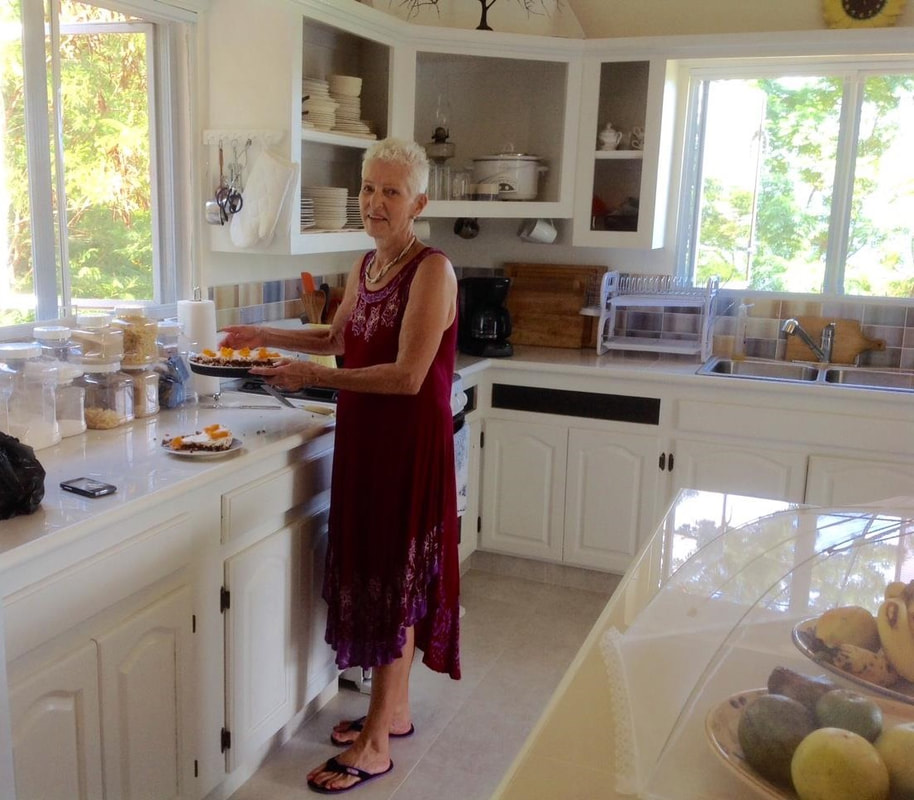
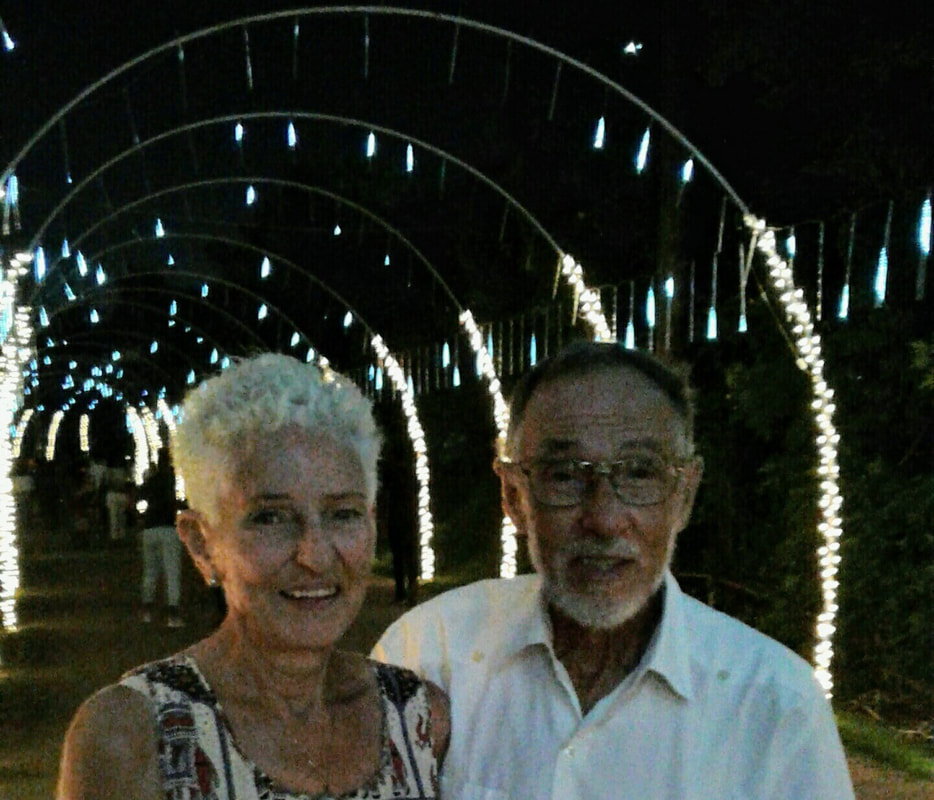

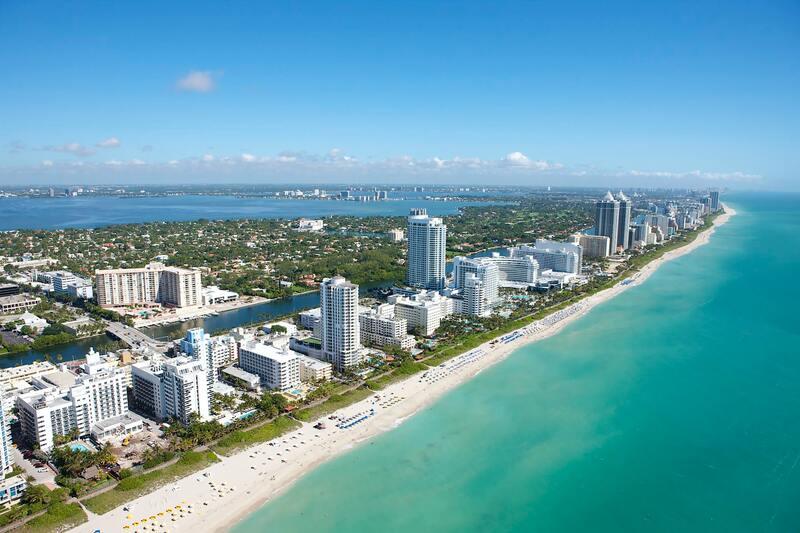
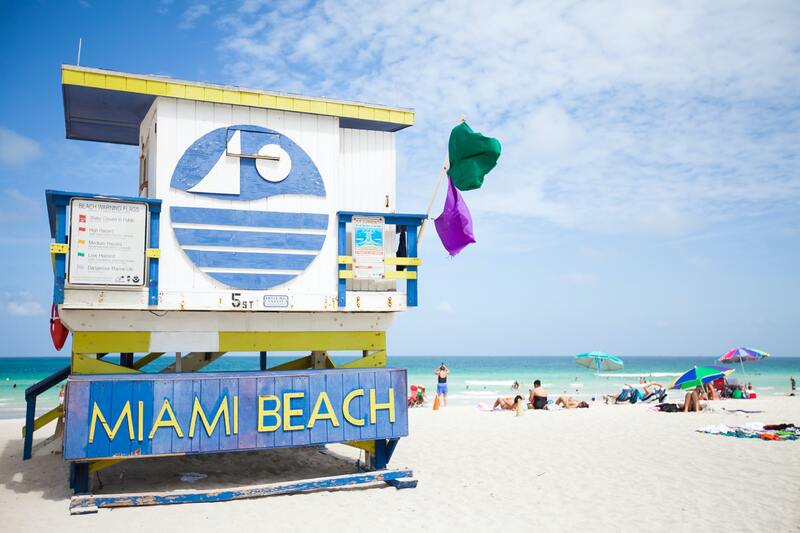
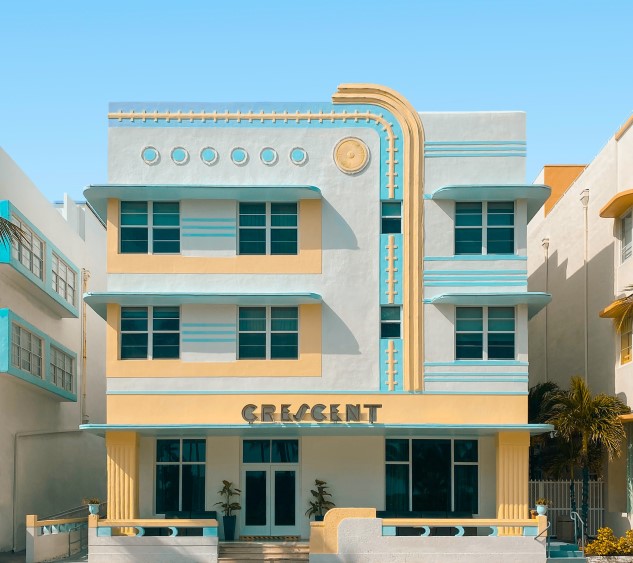
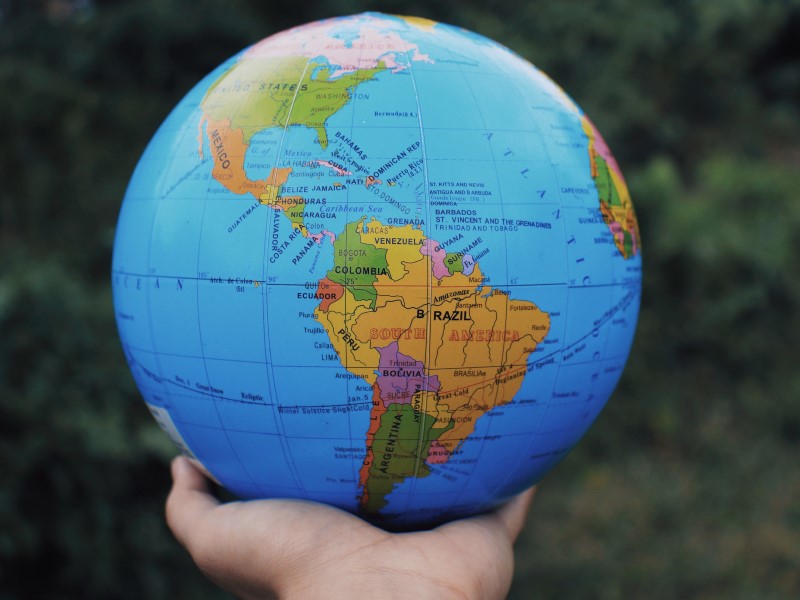
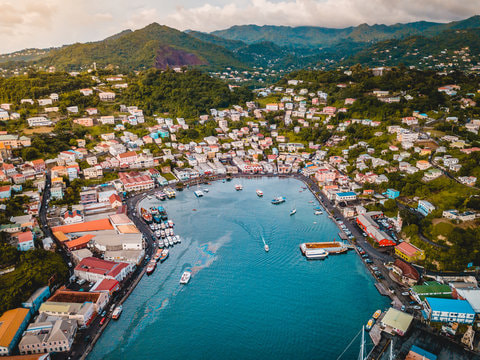
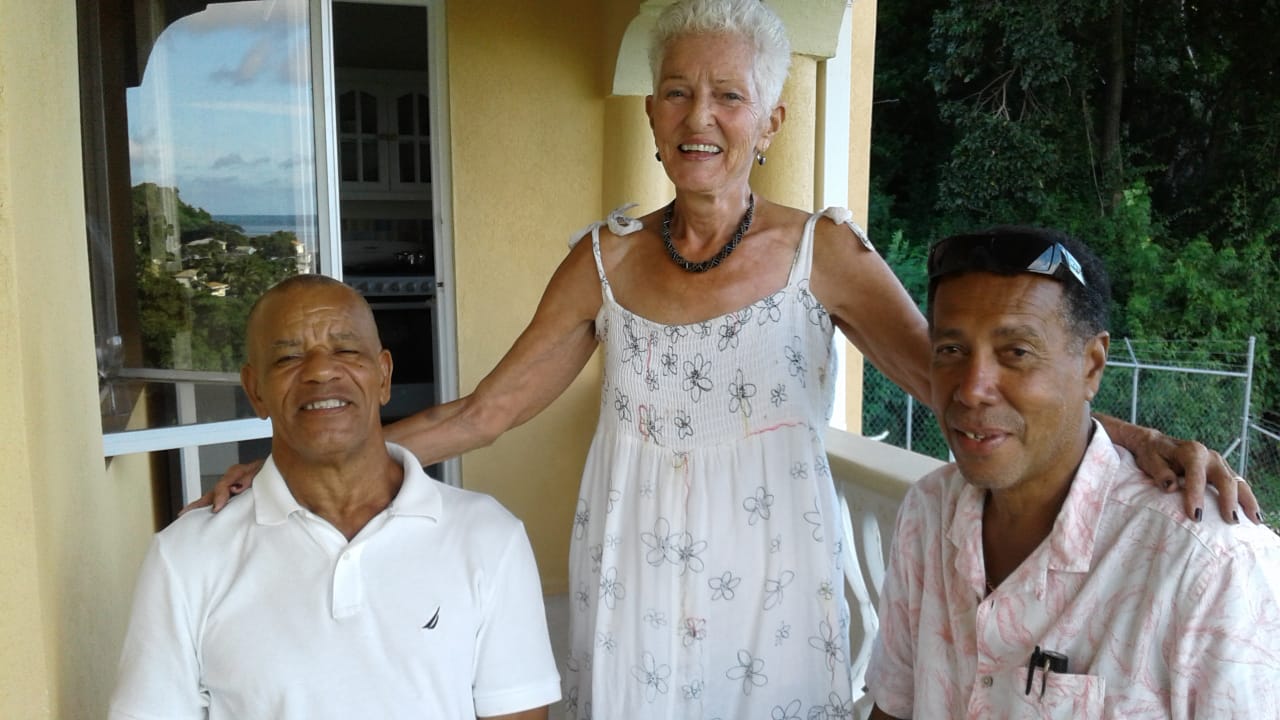
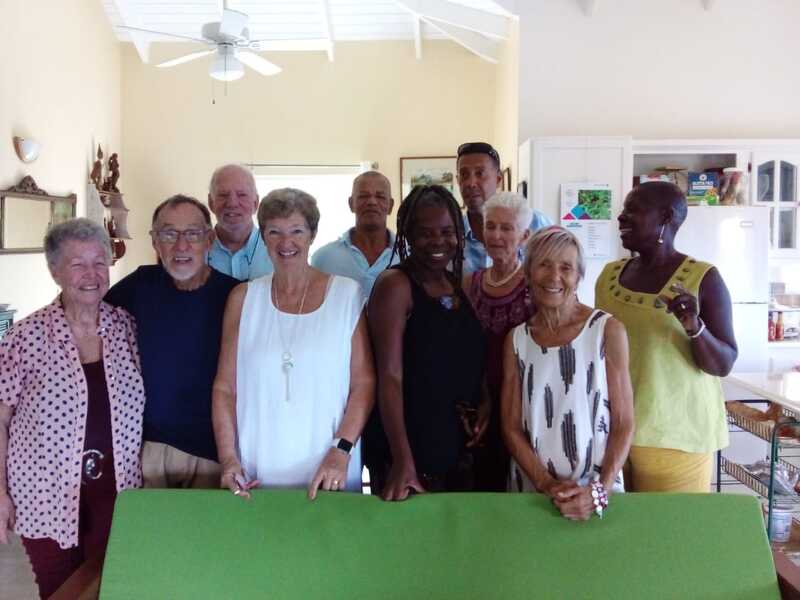
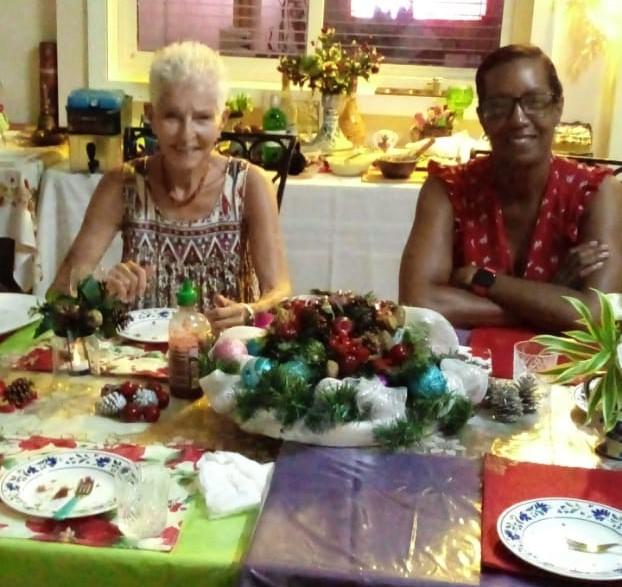
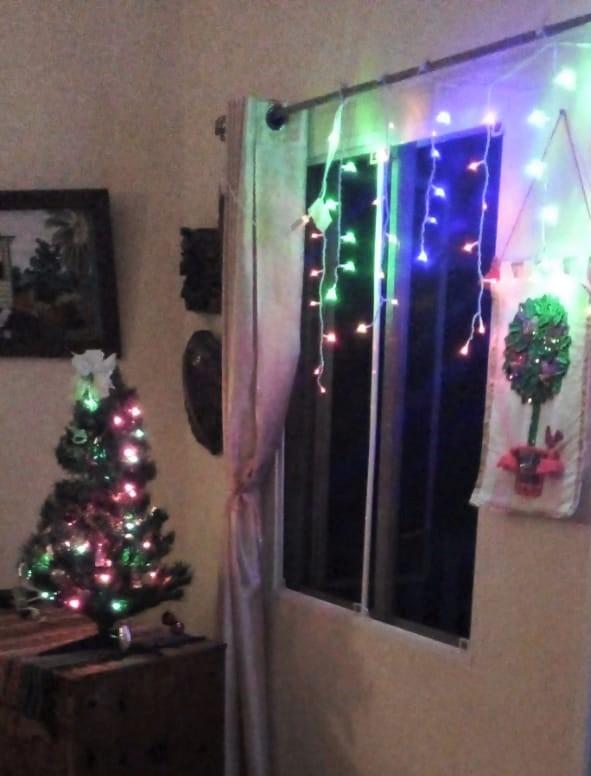
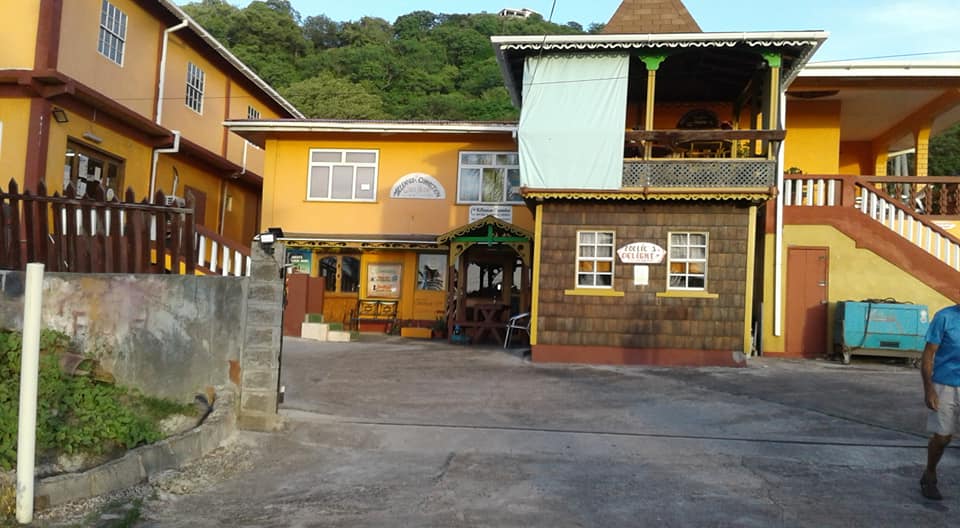
 RSS Feed
RSS Feed